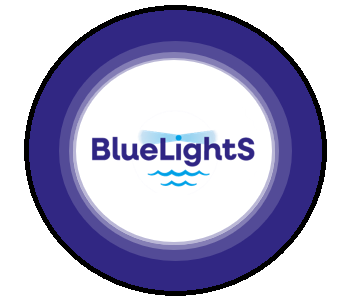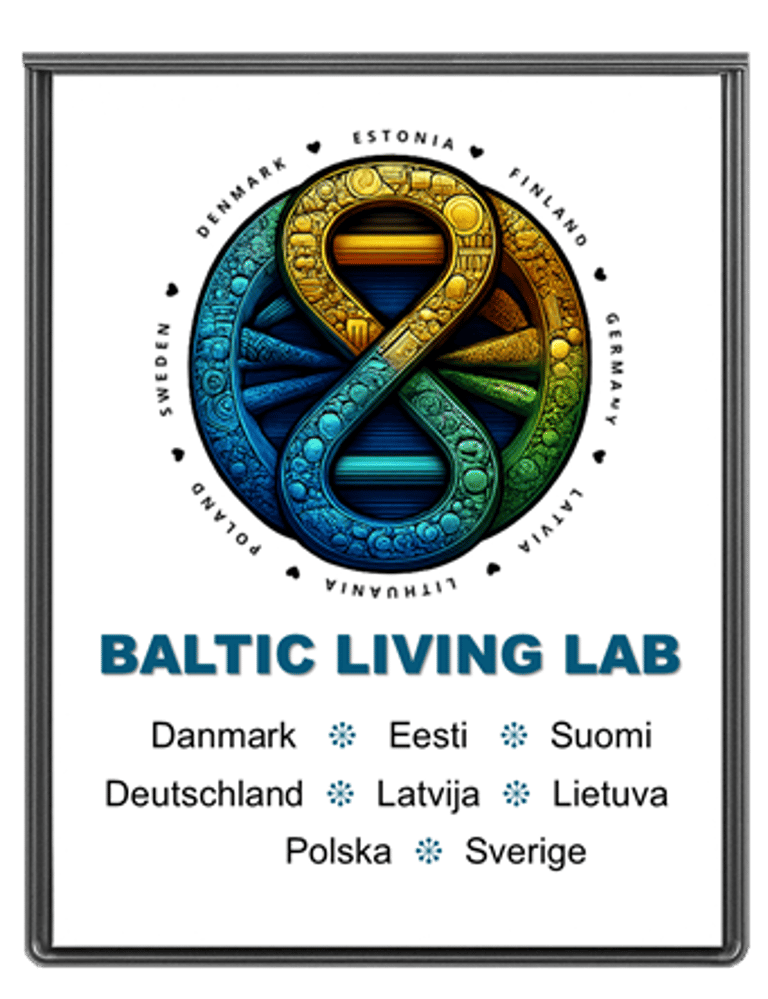Predicting the future by re-imagining the present
Convening the multiple-helix for problem-solving of SHARED environmental challenges FACING the baltic sea region
Scaling Citizen Science Workshop
CROPS invites you to a workshop focused on developing protocols and guidelines for scaling citizen science initiatives. The goal is to gather feedback from citizen science project leaders and teams to assess whether the five project-based personas created through the CROPS project accurately reflect the diversity and breadth of the citizen science landscape, in the context of scaling efforts. By participating, you will contribute directly to shaping these protocols and guidelines, helping citizen science initiatives expand their impact. You will also have the opportunity to be involved in a scientific publication where the protocols and guidelines and their process of preparation will be presented, if you wish to stay engaged further
8/19/20252 min read
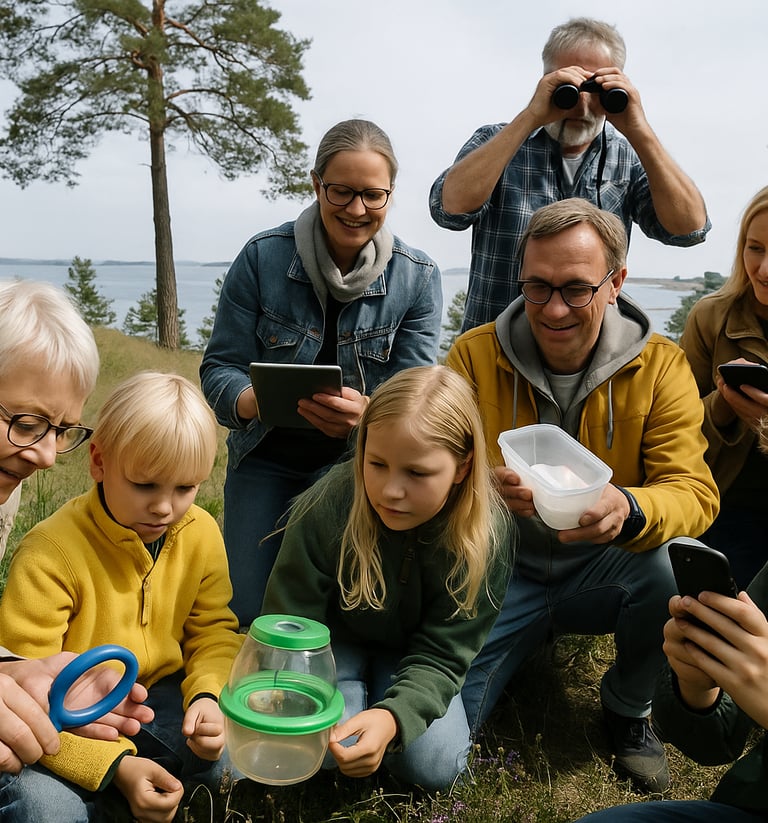

Curating, Replicating, Orchestrating, and Propagating Citizen Science across Europe (CROPS) is an EU-funded initiative designed to reform the EU Research & Innovation system to better facilitate the growth of citizen science from small-scale projects to an EU-wide movement. The project aims to embed citizen science within a modern, open-science framework, aligned with the objectives of the five EU Missions. Since it began, the project's focus has evolved from a narrower emphasis on upscaling to a broader and more nuanced approach to scaling, informed by insights from the EU Mutual Learning Exercise report on scaling citizen science.
Scaling Citizen Science: Drawing on insights from the literature review and in line with the goals of the CROPS project, we adopt the term “scaling” to encompass a range of strategies within citizen science defined as:
(i) driving institutional changes through citizen science initiatives, such as policy integration;
(ii) replicating or expanding projects across multiple dimensions, including geographic regions, timeframes, research scopes, participants, data volume, and methodologies;
(iii) promoting cultural shifts and lasting change by transforming values and beliefs such as enhancing trust in science;
(iv) pursuing meaningful outcomes by intentionally scaling down or simplifying projects;
(v) striving to implement two or more of these strategies simultaneously.
One of the main aims of the CROPS project is to develop design protocols for scaling citizen science projects based on the five strategies outlined in the definition above. To achieve this, a user-centered design approach to create practical, action-oriented protocols (guidelines) that can help citizen science projects scale effectively is used. As part of this approach, CROPS undertook a persona development process. Instead of using traditional human-centered personas, they created five project-based personas, each representing a citizen science initiative aligned with one of the five scaling strategies defined above. This decision was made due to challenges in developing meaningful personas from a purely human perspective.
The selection of these five projects was informed by multiple sources: (i) a preliminary screening of 500 citizen science projects conducted within CROPS to assess scaling potential and common project types identified during this process; (ii) input from advisory board members and consortium partners with deep expertise in citizen science; (iii) findings from the initial literature review; (iv) feedback gathered at citizen science events, including the European Citizen Science Association (ECSA) Conference and the US-based Association for Advancing Participatory Sciences (AAPS) Conference on Advancing Participatory Science (CAPS); and (v) the five EU Missions.
https://crops-cs.eu
Connect
Collaborate
info@BalticLivingLab.org
© 2025. All rights reserved.
Views and opinions expressed are those of the author(s) only and do not necessarily reflect those of the European Union or the European Commission.
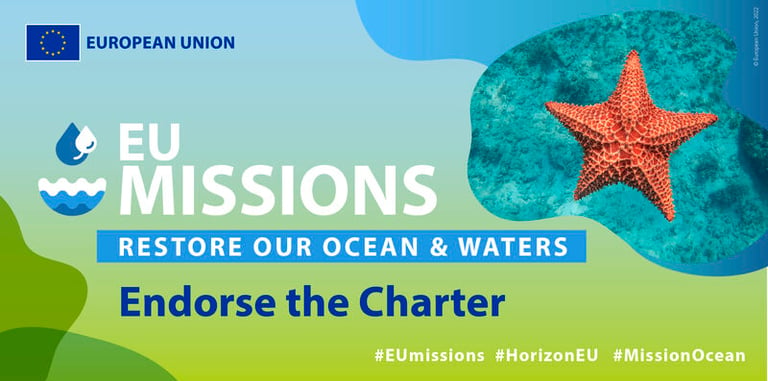

In Support of the EU Mission Ocean
Created and supported by
Global Skills Network, Estonia,
as a resource hub for the
Horizon sister projects,
three Mission Ocean and Waters
projects funded by the EU’s
Horizon Europe Research & Innovation
Program.
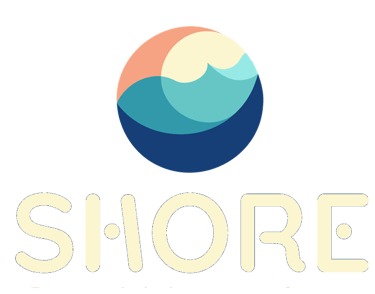



PRO-BLEU
